Facing an arrest in New Jersey is a stressful and confusing experience. One factor adding to the turmoil is the offer of a polygraph, commonly known as a lie detector test.
While the promise of clearing your name might seem enticing, taking this test requires careful consideration. Understanding its limitations is important before stepping into the interrogation room.
Lie detector myths and realities
Despite their prominent portrayal in TV shows, polygraphs are not infallible truth machines. According to the American Polygraph Association, lie detectors are only about 90% accurate. This means that roughly one in five tests can yield inaccurate results. Factors like stress, anxiety and physical conditions can influence readings, potentially impacting the test’s reliability. Further complicating matters, New Jersey does not allow prosecutors to admit polygraph results as evidence in court.
Weighing the pros and cons
Despite their fallibility, lie detectors can offer some potential advantages. Passing a polygraph can provide a layer of corroborative evidence to reinforce your claims of innocence. Depending on the situation, it might influence police investigation or public perception. A successful test can also offer personal peace of mind and potentially help mend damaged relationships or reputations.
However, it is also important to keep in mind the potential drawbacks of taking a polygraph test. Undergoing a polygraph can be a stressful and anxiety-inducing experience, potentially influencing the test’s accuracy. Additionally, passing the test does not automatically exonerate you. Law enforcement can still pursue charges based on other evidence.
Remember, you have the right to refuse a polygraph test. Do not feel pressured to undergo a potentially stressful and unreliable procedure without carefully considering your options. By navigating this situation with clear understanding and informed decision-making, you can protect your rights and navigate this challenging experience with confidence.

